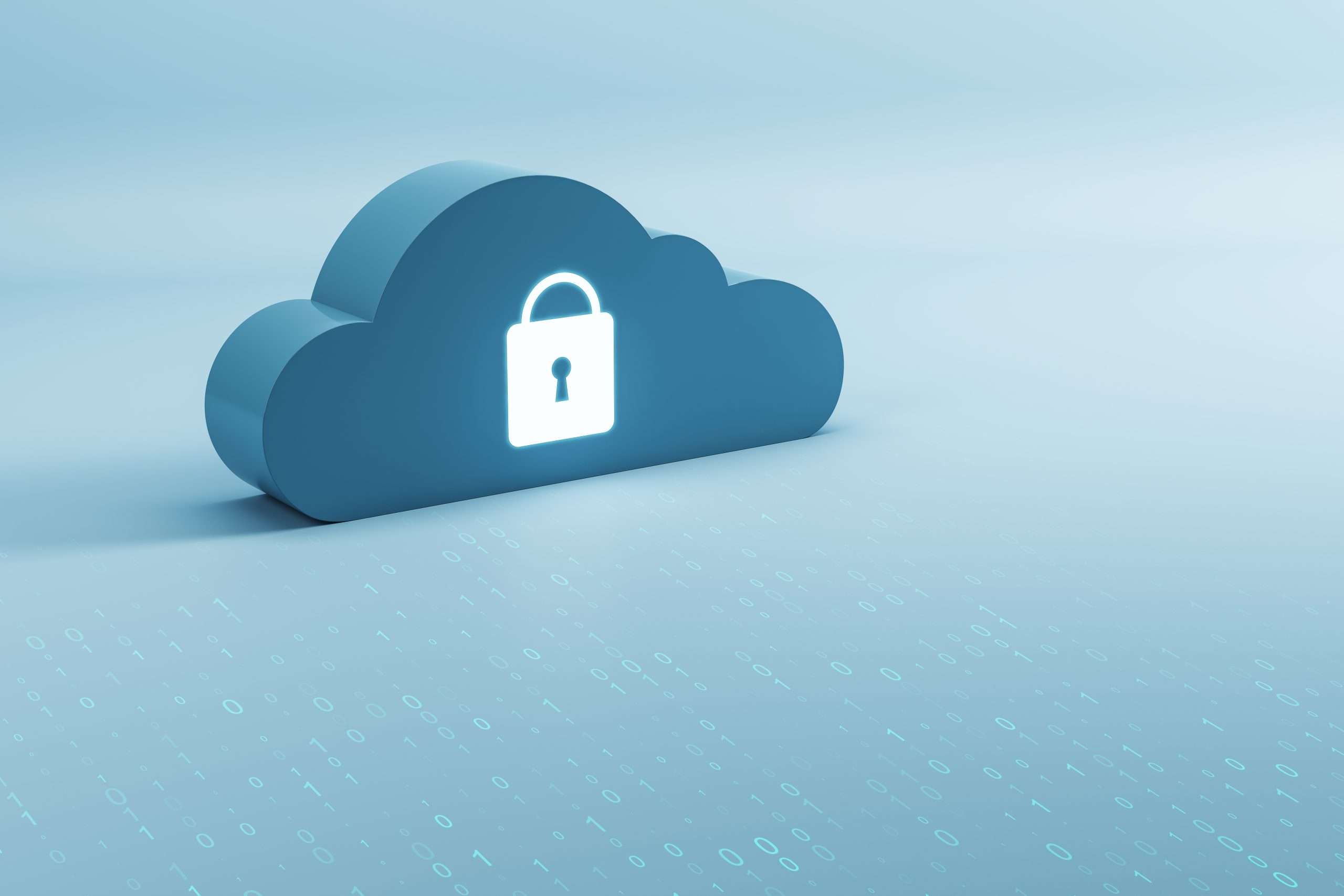Data security in cloud communications is critical for a myriad of reasons. First, organizations deal with sensitive information such as customer data, financial records, and intellectual property, all of which can be catastrophically damaging if breached. Cloud communication systems are often targeted by malicious entities because they are vast repositories of such valuable information.
In addition, regulatory compliance is a key driver for data security in cloud communications. Firms operating in sectors such as healthcare, finance, and retail must comply with numerous data security laws and regulations to protect consumer information. Failure to adhere can attract heavy penalties and drastically impact the organization’s reputation.
In this regard, cybersecurity measures such as firewalls, encryption techniques, two-factor authentication, secure access controls, and regular security audits are essential in securing cloud communications.
Importance of Data Reliability
Data reliability in cloud communications is essential because it ensures you have access to quality data whenever you need it. If data is not reliable, it may be incorrect or incomplete, leading to poor decision-making and operational inefficiencies.
Cloud service providers commonly use techniques like data redundancy, where multiple copies of the data are stored across several physical servers in different geographical locations. This ensures that if one server fails or is compromised, the data can be recovered from another location. Regular backups are another common practice to enhance data reliability.
Best Practices for Safeguarding a Cloud Infrastructure
For both security and reliability, there are several best practices you can follow to safeguard your cloud communications infrastructure.
Employ Strong Authentication Protocols
One way to make sure only authorized individuals have access to cloud communications is through strong authentication protocols. Two-factor authentication (2FA) or multi-factor authentication (MFA) are commonly used options. They require users to provide two or more verification factors to gain access, significantly reducing the chance of unauthorized access.
Use Encryption
Encryption is a valuable tool for protecting sensitive data in transit and at rest. It converts data into a coded form that is indecipherable without the correct decryption key. Even if data becomes compromised in any manner, it’s unreadable and useless to unauthorized individuals.
Regular Security Audits
Performing regular security audits is vital for identifying vulnerabilities and weak points in your cloud communications infrastructure. These comprehensive checks help you evaluate the effectiveness of your current security measures and make improvements as needed.
Create Backup and Disaster Recovery Plans
Backup and disaster recovery plans are essentially risk management tactics for maintaining data reliability. Regular backups help protect against data loss, while a robust disaster recovery plan helps you react rapidly and effectively in the face of a major incident, minimizing downtime and data loss.
Understand Your Cloud Contract
Understanding your cloud contracts is crucial to ensure you are aware of your provider’s responsibilities toward data security and reliability, as well as your own. Always choose a service provider whose priorities align with yours when it comes to securing your organization’s data.
Get Your Business Phones on the Cloud
Imagine being able to connect with your team or clients no matter where they are with 99% communication uptime. That’s the power of running your business phone systems or call centers on the cloud. Call Kinetic VoIP right now at 1-866-897-6197.
